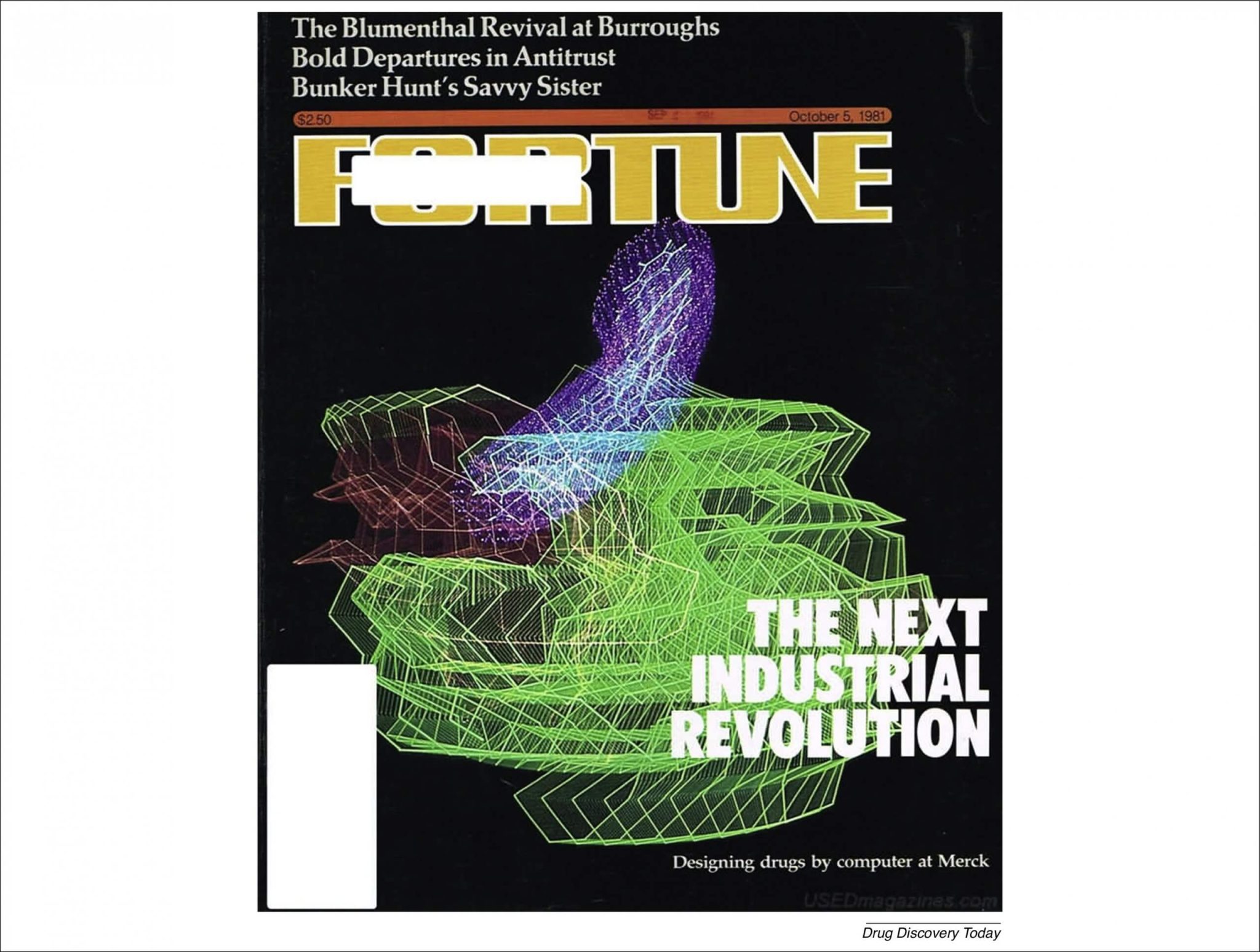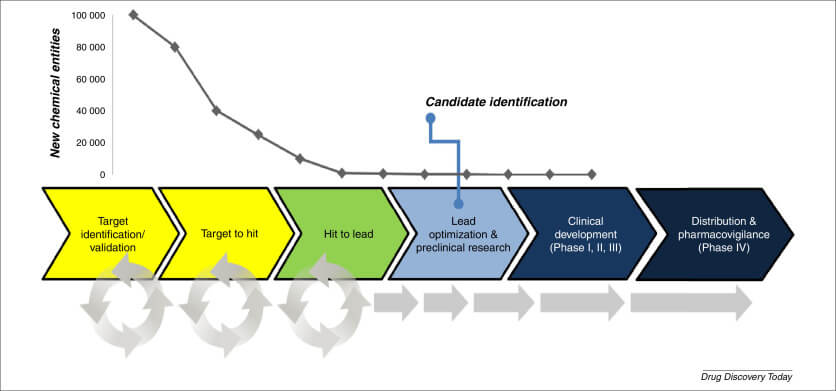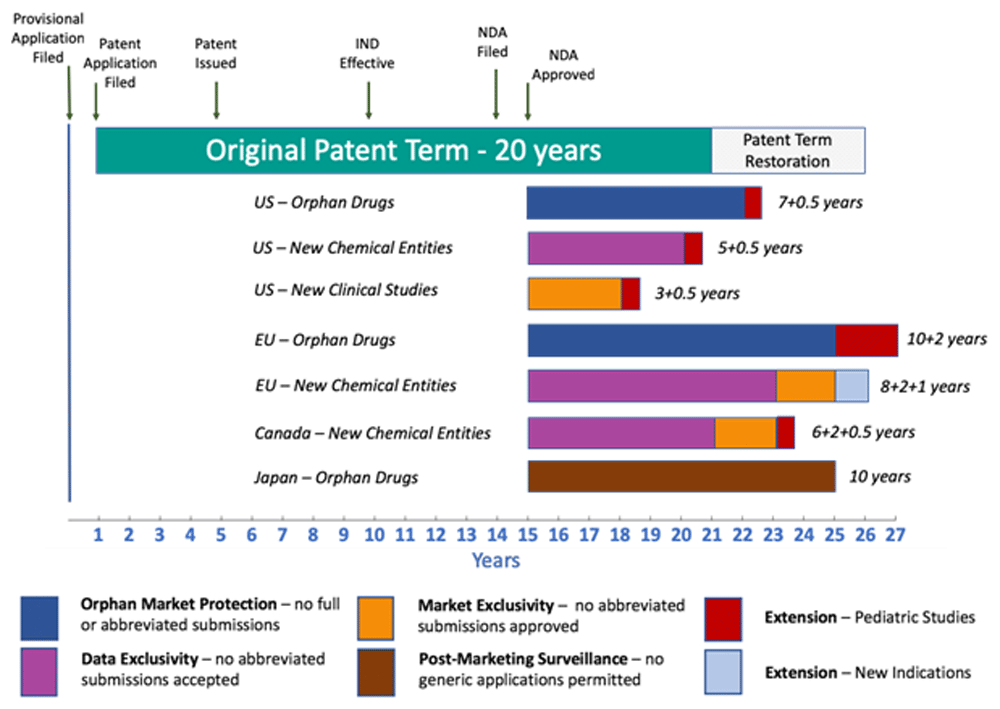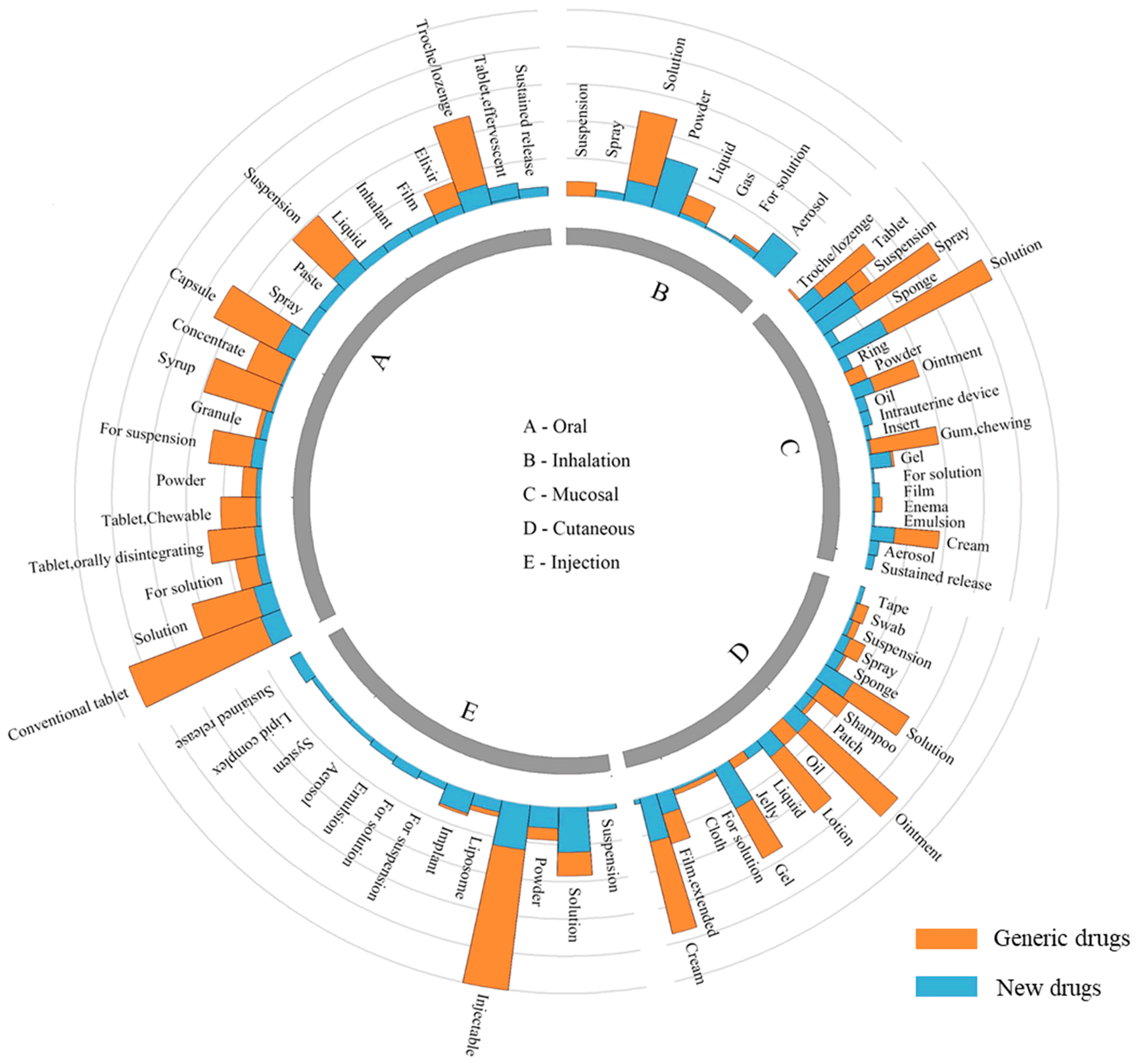
In the fast-paced world of pharmaceuticals, negotiations play a pivotal role in shaping the industry’s landscape. From mergers and acquisitions to licensing agreements and pricing discussions, these complex interactions demand a unique blend of scientific knowledge, business acumen, and interpersonal skills. Let’s dive into the intricacies of pharmaceutical negotiations, exploring valuable lessons, current trends, and strategies for success.
Understanding the Pharmaceutical Negotiation Landscape
The Evolving Nature of Pharmaceutical Deals
Pharmaceutical negotiations have come a long way from simple buy-sell transactions. Today, they encompass a wide range of complex deals, including strategic partnerships, co-development agreements, and risk-sharing arrangements. The stakes are higher than ever, with billions of dollars and potentially life-saving treatments on the line.
Key Stakeholders in Pharmaceutical Negotiations
Successful negotiations in the pharmaceutical industry require a deep understanding of the various stakeholders involved. These may include:
- Pharmaceutical companies (big pharma and biotech firms)
- Contract research organizations (CROs)
- Regulatory bodies (e.g., FDA, EMA)
- Healthcare providers and payers
- Patient advocacy groups
Each stakeholder brings unique perspectives and priorities to the negotiation table, making it crucial for negotiators to navigate these diverse interests effectively.
Lessons from Past Pharmaceutical Negotiations
Case Study: Merck and Schering-Plough Merger
The 2009 merger between Merck and Schering-Plough, valued at $41.1 billion, offers valuable insights into successful pharmaceutical negotiations. The deal showcased the importance of strategic alignment, cultural fit, and clear communication throughout the negotiation process.
“The Merck-Schering-Plough merger demonstrated that successful negotiations require more than just financial considerations. It’s about creating a shared vision and aligning corporate cultures,” says Dr. Jane Smith, pharmaceutical industry analyst.
Insights from Failed Negotiations
Learning from unsuccessful negotiations is equally important. The collapsed talks between Pfizer and AstraZeneca in 2014 highlight the need for flexibility, realistic valuations, and a deep understanding of regulatory hurdles in cross-border deals.
Current Trends Shaping Pharmaceutical Negotiations
Rise of Value-Based Contracts
Value-based contracts are gaining traction in pharmaceutical negotiations. These agreements tie a drug’s price to its real-world performance, aligning the interests of manufacturers, payers, and patients. Negotiators must be adept at structuring these complex arrangements and defining measurable outcomes.
Increasing Focus on Rare Diseases and Personalized Medicine
The shift towards rare disease treatments and personalized medicine is reshaping negotiation dynamics. With smaller patient populations and higher development costs, these negotiations often involve innovative pricing models and risk-sharing agreements.
Impact of Digital Health and AI
Digital health technologies and artificial intelligence are transforming the pharmaceutical landscape. Negotiations now frequently include discussions about data ownership, AI algorithms, and digital companion products, adding new layers of complexity to deals.
Strategies for Successful Pharmaceutical Negotiations
Thorough Preparation and Due Diligence
Success in pharmaceutical negotiations begins long before parties sit at the table. Thorough preparation involves:
- Conducting comprehensive market research
- Analyzing competitor strategies
- Understanding the scientific and regulatory landscape
- Assessing financial implications and risks
Building Strong Relationships
In an industry where long-term partnerships are common, relationship-building is crucial. Successful negotiators invest time in understanding their counterparts’ motivations, building trust, and fostering open communication.
Effective Communication Techniques
Active Listening
Active listening is a cornerstone of effective negotiation. It involves fully concentrating on what is being said, understanding the message, and responding thoughtfully. This skill is particularly important in pharmaceutical negotiations, where complex scientific and regulatory details can easily be misinterpreted.
Clear and Concise Messaging
Given the technical nature of pharmaceutical discussions, the ability to communicate complex ideas clearly and concisely is invaluable. Successful negotiators can distill intricate scientific concepts into understandable terms for diverse stakeholders.
Navigating Regulatory and Compliance Challenges
Understanding Global Regulatory Landscapes
Pharmaceutical negotiations often span multiple jurisdictions, each with its own regulatory framework. Negotiators must be well-versed in global regulatory requirements and their potential impact on deal structures and timelines.
Ensuring Ethical Compliance in Negotiations
Ethical considerations are paramount in pharmaceutical negotiations. Negotiators must navigate complex compliance requirements, including anti-bribery laws, transparency regulations, and industry codes of conduct.
The Role of Technology in Modern Pharmaceutical Negotiations
Leveraging Data Analytics for Informed Decision-Making
Data analytics tools are revolutionizing pharmaceutical negotiations. These technologies enable negotiators to:
- Analyze market trends
- Predict drug performance
- Assess competitive landscapes
- Model financial scenarios
Virtual Negotiation Platforms and Tools
The COVID-19 pandemic accelerated the adoption of virtual negotiation platforms. These tools offer new opportunities for global collaboration but also present challenges in building rapport and reading non-verbal cues.
Future Outlook: Emerging Trends in Pharmaceutical Negotiations
Looking ahead, several trends are likely to shape the future of pharmaceutical negotiations:
- Increased focus on sustainability and environmental impact
- Growing importance of real-world evidence in value assessments
- Rise of blockchain technology for secure data sharing
- Emergence of new players, including tech giants entering the healthcare space
As the industry evolves, negotiators must stay agile and continuously adapt their strategies to navigate these emerging trends successfully.
Key Takeaways
- Pharmaceutical negotiations are becoming increasingly complex, involving multiple stakeholders and diverse deal structures.
- Learning from past successes and failures is crucial for improving negotiation outcomes.
- Current trends, including value-based contracts and personalized medicine, are reshaping negotiation dynamics.
- Successful negotiations require thorough preparation, strong relationships, and effective communication.
- Navigating regulatory and compliance challenges is essential in pharmaceutical negotiations.
- Technology plays a growing role in informing and facilitating negotiations.
- Staying ahead of emerging trends is crucial for future success in pharmaceutical negotiations.
FAQs
- What skills are most important for pharmaceutical negotiators?
Successful pharmaceutical negotiators need a combination of scientific knowledge, business acumen, communication skills, and regulatory understanding. - How has the COVID-19 pandemic affected pharmaceutical negotiations?
The pandemic has accelerated the adoption of virtual negotiation platforms and highlighted the importance of flexibility and risk-sharing in deals. - What role does intellectual property play in pharmaceutical negotiations?
Intellectual property is often a central issue in pharmaceutical negotiations, particularly in licensing deals and partnerships. - How can negotiators balance short-term gains with long-term strategic objectives?
Successful negotiators focus on creating win-win scenarios that align with both parties’ long-term goals, rather than pursuing short-term advantages. - What are some common pitfalls in pharmaceutical negotiations?
Common pitfalls include underestimating regulatory hurdles, neglecting cultural differences in cross-border deals, and failing to clearly define performance metrics in value-based contracts.
Citations:
[1] https://www.aiprm.com/prompts/seo/writing/1810999781347299328/
[2] https://www.upwork.com/hire/academic-writers/
[3] https://content-whale.com/seo-content-writing-services
[4] https://www.semrush.com/blog/content-writing/
[5] https://journal.emwa.org/media/2228/v23i2.pdf
[6] https://quizlet.com/548708516/english-ii-unit-9-writing-a-research-essay-flash-cards/
[7] https://quizlet.com/716972075/inquizitive-synthesizing-ideas-flash-cards/
[8] https://www.linkedin.com/advice/1/how-can-you-write-winning-cover-letter-content-nkoce






















